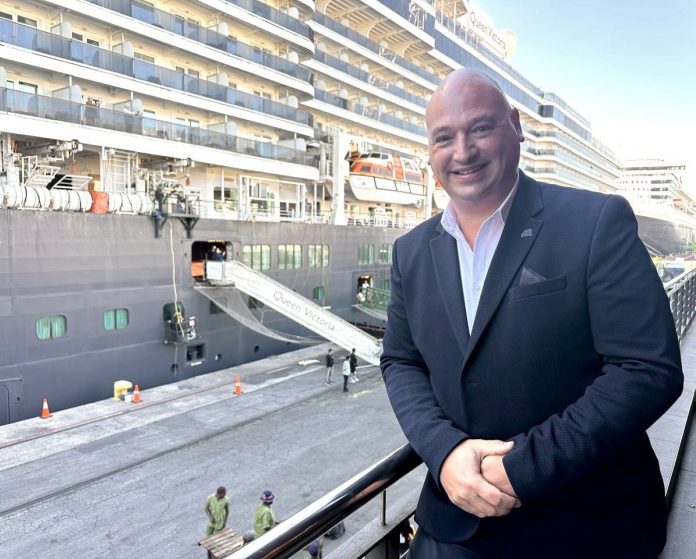As tariff turbulence from the United States sweeps the globe, it is important to support our most vulnerable export sectors where we stand to lose significant economic gains. As Cape Town’s Mayoral Committee Member for Economic Growth, one of my primary objectives has been to bolster sectors with high growth potential and significant economic impact.
While the impact of US tariffs is widespread across industries – it is worth zooming into the precarious situation of our marine manufacturing and boat-building industry, where the US accounts for over 50% of exports of leisure craft manufactured in Cape Town.
Recognising the immense promise within Cape Town’s marine manufacturing industry, the City collaborated with industry experts such as the South African Boat Builders Export Council to establish BlueCape in 2019, a Special Purpose Vehicle (SPV) dedicated to supporting businesses and investors in the ocean economy. Our mission was to remove barriers to entry, promote skills development, and drive transformation to create job opportunities.
Through strategic initiatives and unwavering commitment, BlueCape has played a pivotal role in positioning Cape Town as a global leader in marine manufacturing. Our city has earned the prestigious title of the world’s leading producer of luxury offshore catamarans, with local boat-builders crafting around 330 catamarans annually, the majority destined for international markets. This thriving industry provides thousands of jobs for Capetonians, making an important local economic contribution. The artisanship and innovation displayed by our boat-builders is exceptional, and does Cape Town proud on the global stage.
However, recent developments threaten to disrupt these hard-earned gains. The imposition of over 30% tariffs by the United States on South African goods poses a significant challenge to our manufacturers. Given that the U.S. is our largest market for leisure crafts, these tariffs render our locally manufactured boats markedly less competitive. This jeopardises existing contracts, revenue streams, and future investments.
The potential ramifications are profound. Some of our boat-builders export up to 100% of their products to the U.S. market. The South African industry, with exports valued at R4,6 billion in 2024, now faces the grim prospect of losing a substantial portion of its powerboat sector due to these tariffs. The industry exported R1,6 billion to the US in 2024, making it the top destination market.
From the City of Cape Town’s perspective, we are deeply concerned about the impact these tariffs will have on our marine manufacturing industry, a sector close to my heart. Witnessing first-hand the dedication and skill of our boat-builders has been inspiring. Their work not only elevates Cape Town’s reputation globally but also provides livelihoods for thousands of residents.
In response to this looming crisis, I am committed to engaging with my national counterparts at the Department of Trade, Industry and Competition. Together, we must navigate these turbulent and uncharted waters to devise strategies that mitigate the adverse effects of these tariffs, with the goal being to chart a course forward that safeguards local boat-builders and the broader marine manufacturing sector.
It’s also imperative that we explore diversifying our export markets and strengthening trade relations with other countries to reduce our dependency on any single market. Investing in innovation, enhancing our competitive edge, and advocating for fair trade practices on international platforms will be crucial in cushioning the waves of these tariffs.
Cape Town’s marine manufacturing industry is a jewel in our economic crown. It is our collective responsibility to ensure that this sector not only weathers the current storm but emerges more resilient and poised for future growth.
Opinion Piece by James Vos, Mayoral Committee Member for Economic Growth, City of Cape Town


